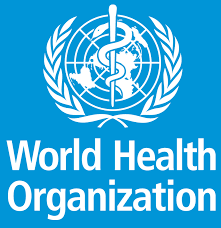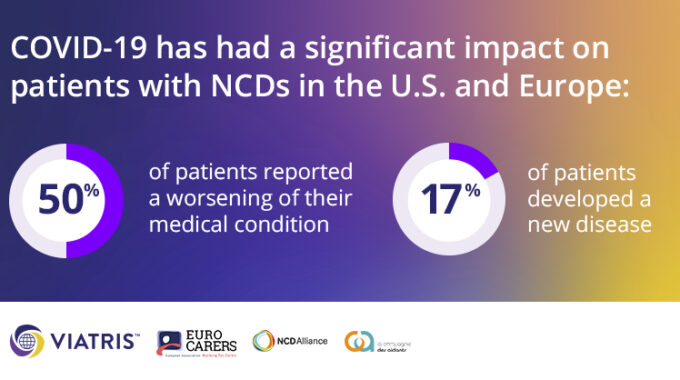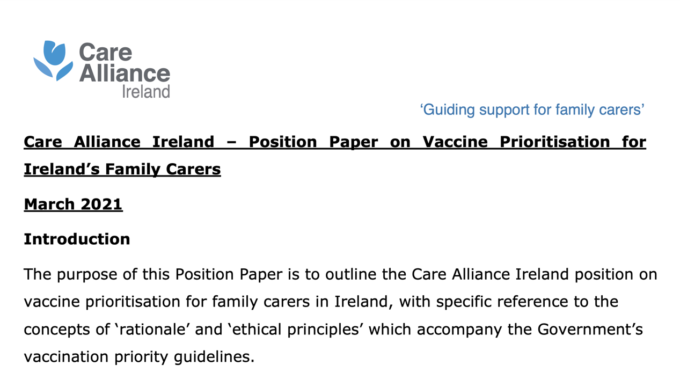
Long-term care: The World Health Organization asks for recognition of and support for informal carers
In a Policy Brief published last July, the WHO details 11 policy objectives and key action points to prevent and manage COVID-19 across long-term care. One of them is to “provide support for family and voluntary caregivers”, including carers of people living in long-term facilities.
The brief builds on currently available evidence on the measures taken to prevent, prepare for and respond to the COVID-19 pandemic and to mitigate impact across long-term care services, including care providers. It sheds light on the important role informal carers play in the provision of long-term care, on the challenges they face, and suggest a series of priorities, including recognition, training and adequate support. Its intended audience is policy-makers and authorities (national, subnational and local) involved in the COVID-19 pandemic.
While this document contains policy options and actions relevant to all long-term care settings, long-term care facilities are emphasized because they have experienced extremely high COVID-19 incidence, morbidity and mortality. Furthermore, the policy brief addresses long-standing problems in long-term care systems, including underfunding, lack of accountability, fragmentation between health and long-term care and an undervalued workforce. It insists that the response to the pandemic must include long-term care to ensure that ethnic, age and gender groups are not marginalized.
The brief suggests ways to transform health and long-term care services so that long-term care services are readily integrated and provided as part of the continuum of care that includes health promotion, prevention, treatment, rehabilitation and palliation. It is only through these measures that people in need of long-term care can receive quality, equitable and sustainable care that allows them to live in a manner respecting their basic rights, fundamental freedoms and human dignity.
Read the report here.





